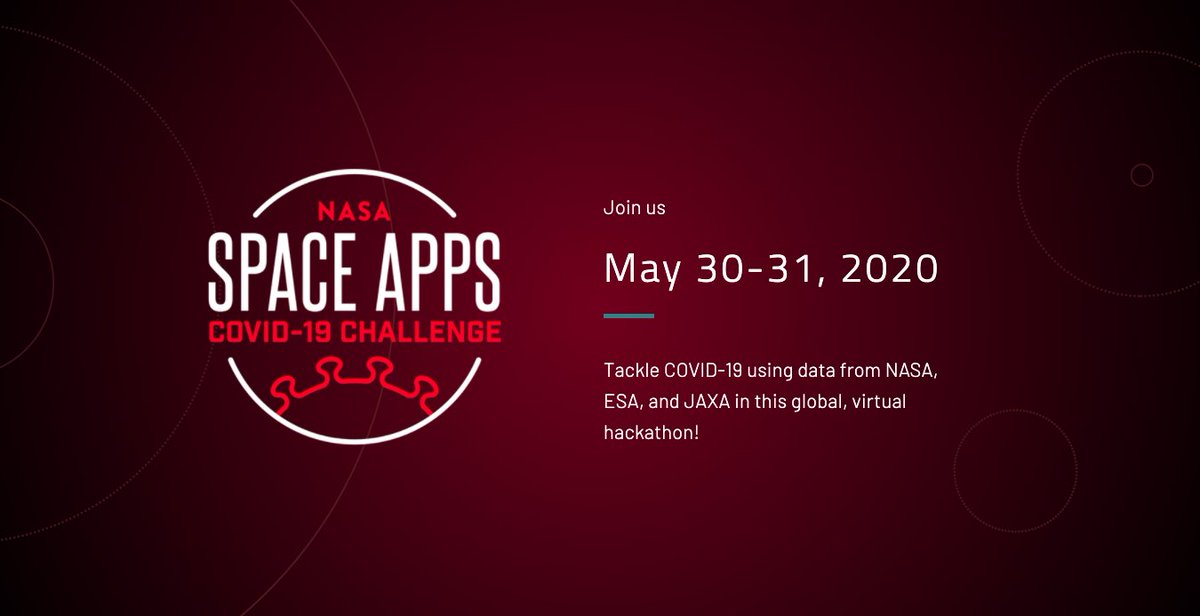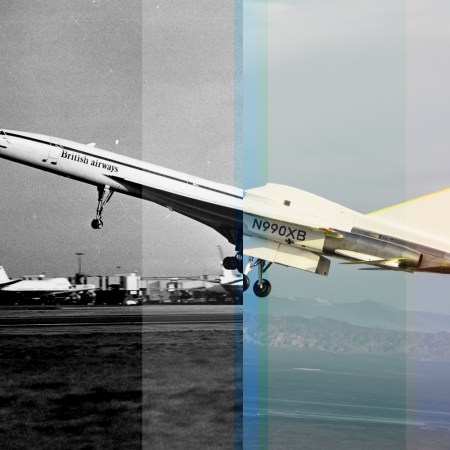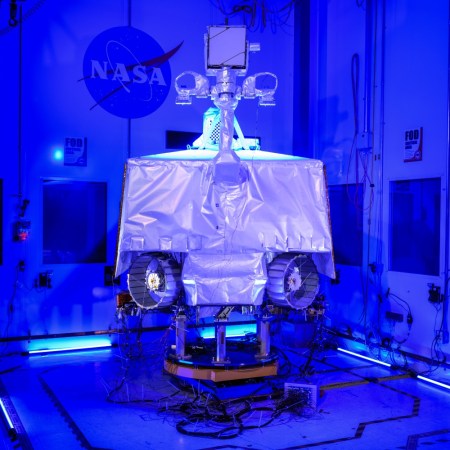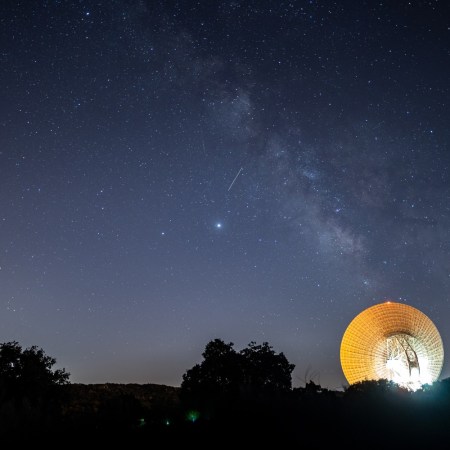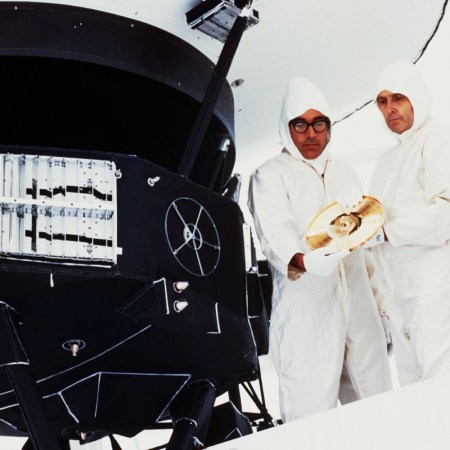The scientific ramifications of COVID-19 go far beyond questions of medicine and public health. In recent months, scientists have seen significant declines in air pollution over Italy and China as their residents practice social isolation — and that’s just part of the unexpected side effects of the epidemic.
An event scheduled for later this month should offer a wide array of information of how COVID-19 is affecting the planet as a whole. That’s when a trio of space agencies — NASA in conjunction with the European Space Agency and Japan Aerospace Exploration Agency — will hold a virtual hackathon, making a host of scientific data available for innovative thinkers to utilize.
.@NASA, @ESA and @JAXA_en invite YOU to participate in a virtual #hackathon May 30-31 dedicated to putting #opendata to work in developing solutions to issues related to the #COVID19 pandemic. Registration opens in mid-May. https://t.co/dlYNiGlRcv @NASAEarth @ESA_EO @JAXA_jp pic.twitter.com/g0gAhCZBqo
— NASA International Space Apps Challenge (@SpaceApps) April 30, 2020
NASA’s announcement includes details of the two-day event’s goals:
During the global Space Apps COVID-19 Challenge, participants from around the world will create virtual teams that – during a 48-hour period – will use Earth observation data to propose solutions to COVID-19-related challenges ranging from studying the coronavirus that causes COVID-19 and its spread to the impact the disease is having on the Earth system.
The hackathon will take place on May 30 and 31, with registration opening up later in the month. Space Apps events have taken place annually since 2012. Writing in 2014, Denise Chow of Space.com noted that the event is “part of NASA’s growing involvement in citizen science initiatives.”
Last year’s Space Apps projects included the creation of an API to detect oil spills and a prediction model for algal bloom. And if past projects are any indication, this year’s edition of Space Apps should offer a number of unexpected and insightful looks into COVID-19’s effects on the planet.
Subscribe here for our free daily newsletter.
Thanks for reading InsideHook. Sign up for our daily newsletter and be in the know.
